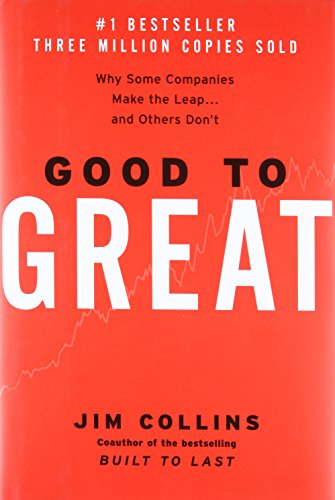Changing Professional Development One Question At A Time
Mindset
Think you might want to read this book?
In what is perhaps the most buzzworthy and conversation-inducing book within education this century, Mindset vividly demonstrates the difference between a “growth” and a “fixed” mindset. The former is a blueprint for a life of learning and achievement, and the latter, a life of low-effort, defensive responses creating a feeling of constantly not measuring up. Though it will only take the first twenty pages for you to fully understand the concept, Carol Dweck fills the book with anecdotes and references to research that make the remainder of the book a must-skim!
What Would Socrates Ask?
If you praise your child for intelligence, do you expect them to put in effort when things are hard?
If we value growth in children, how exactly should we be assessing them?
What were the variables the last time you really grew, and how can you use that prior experience to spark future growth?
Do phrases like, “he’s so artistic,” or “she’s good in math” contribute to increased or decreased levels of effort?
What if the only measure of school success were artifacts of learning and reflections on growth?
What if all feedback began with, “Would you find more success if you....?”
What is my best current avenue to spark growth in each child?
Research
Studies show that those with a fixed mindset are terrible at estimating their abilities. People with a growth mindset are amazingly accurate.
Studies show that many managers do not believe in personal change - they judge employees as competent or incompetent at the start and that's that.
It’s possible to weave a growth or fixed mindset.
Concepts
If you believe in a fixed mindset, you will feel the need to prove yourself over and over.
“CEO disease”- the ideas that fixed mindset leaders need to constantly be put on a pedestal/seen as perfect while becoming less and less self-aware.
In a fixed mindset, failure shifts from becoming an action to an identity.
A great example of a growth mindset is Jim Marshall, the Minnesota Vikings Defensive End who ran the wrong way and scored a touchdown for the other team. He then went on to speak about the power of overcoming failure to focus on success.
From the point of view of the fixed mindset, effort is only for people with deficiencies.
Mozart labored for more than 10 years until he produced any work that we admire today.
In the fixed mindset, labels are dangerous. If you get a positive one, you don’t want to lose it, and if you get a negative one, you’re afraid of deserving it.
Groupthink is fostered when a fixed-mindset leader punishes dissent.
Quotes from the author
“In one world - the world of fixed traits - success is about proving you’re smart or talented. Validating yourself. In the other - the world of changing qualities - it’s about stretching yourself to learn something new. Developing yourself.”
“Create organizations that prize the development of ability - and watch the leaders emerge.”
“If parents want to give their children a gift, the best thing that they can do is to teach their children to love challenges, be intrigued by mistakes, enjoy effort, seek new strategies, and keep on learning.”
“Some educators try to reassure their students that they're just fine as they are. Growth-minded teachers tell students the truth, and then give them the tools to close the gap.”
“Of course you can appreciate your child's wonderful accomplishments, but then tie those accomplishments to the process they engaged in.”
“When a child has a setback, and the parent reacts with anxiety or with concern about the child's ability, this fosters more of a fixed-mindset in the child.”
Quotes from others
“I don’t divide the world into the weak and the strong, or the successes and failures. I divide the world into learners and non-learners.” - Benjamin Barber, Political Theorist
“I believe ability can get you to the top, but it takes character to keep you there... It takes real character to keep working as hard or even harder once you're there.” - John Wooden, Basketball coach
“The minute a leader allows himself to become the primary reality people worry about, rather than reality being the primary reality, you have a recipe for mediocrity, or worse.” - Jim Collins
“ I wish to have as my epitaph: Here lies a man who was wise enough to bring into his service men who knew more than he.” - Andrew Carnegie
[True self confidence is] “the courage to be open - to welcome change and new ideas regardless of their source.” - Jack Welch, Former CEO of General Electric
“Praise should deal, not with the child's personality attributes, but with his efforts and achievements.” - Haim Ginott
Implement tomorrow?
Shower praise on efforts that didn’t necessarily succeed, but where much effort was put in.








